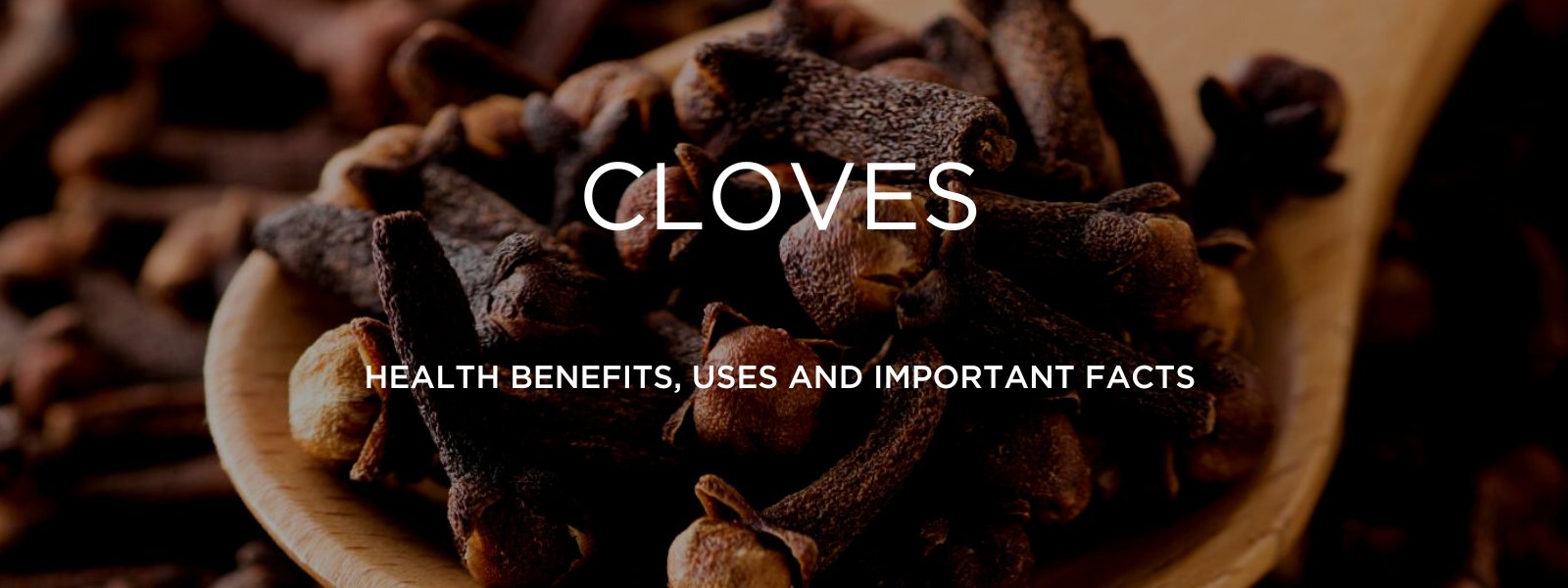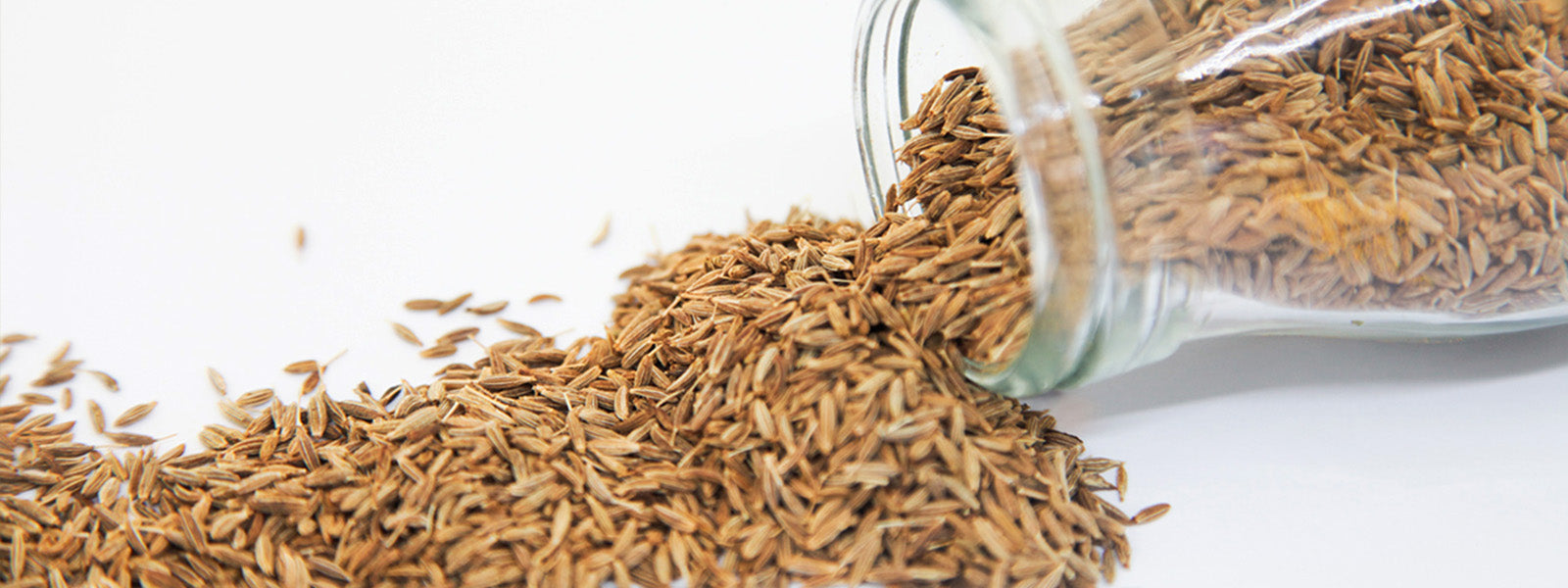Arjuna (Terminalia arjuna) is one of the most important herbs for the heart according to Ayurveda. This rose-colored tree bark is believed to nourish and uplift the energy and emotional parts of the heart, supporting an inner sense of courage, resiliency, and love. It is also known to strengthen and tone the physical muscle of the heart.
Table of Contents
Plant description:
Arjuna, also known as arjun, is a magnificent deciduous tree that can grow up to 100 feet tall and has long been prized for its wood and medicinal benefits. In between its cone-shaped leaves, it produces clusters of tiny white or yellow flowers as it spreads over the moist, swampy sub-Himalayan regions of India and Sri Lanka.
The crimson inner bark of the tree, revered as a heart tonic and compared to hawthorn in European herbalism, is the most prized component. When the trees are fully grown, the thick, white to pinkish-gray outer bark is naturally shed once a year. Sustainable harvesting is important in allowing the tree time to heal and renew its bark.
The name "arjuna" is well-known and is most frequently connected to the titular figure from Hindu mythology's Mahabharata. In keeping with its historical function of guarding the heart, the arjuna tree was given a name centuries ago, just as its mythological namesake did when he gave his family courage, power, and protection while fighting.
The Sanskrit word "arjuna" literally translates to "bright," "white," or "shining," much like the light-reflective bark of the arjuna tree.
Ayurvedic use of Arjuna:
Arjuna is attributed to have a cooling virya (activity), astringent, bitter, and just a little bit pungent rasa (taste), as well as a pungent vipaka (post-digestive effect).
It may come as no surprise to find that arjuna is regarded as tridoshic in Ayurveda given its advantages. It is very balanced to pitta and kapha, and if taken excessively, it might elicit vata.
Along with these dhatus, or tissue layers, Arjuna also acts in two srotas, or channels, the circulatory and reproductive channels, as well as rasa (plasma), rakta (blood), asthi (bone), and shukra (reproductive).
Health benefits of Arjuna:
- Keeps heart healthy
Arjuna is a fantastic plant for heart health and cardioprotection. It is effective at preventing ischemia damage to the heart muscle, strengthening the cardiac muscles, and enhancing coronary artery blood flow. The most popular heart tonic is an Arjuna decoction made with milk.
- Keeps a check on blood pressure
Arjuna bark may be able to reduce blood pressure. It aids in dilating and relaxing the blood vessels, which helps to keep blood pressure within a normal range.
- Eliminates Inflammation
Arjuna's potent anti-inflammatory and antioxidant qualities protect the body from the damaging effects of pollutants. Arjuna is a powerful herb that helps to slow down ageing. It can also reduce chronic inflammation and improve general health and wellbeing.
- Controls blood sugar
The Arjuna tree contains a variety of plant chemicals, including tannins, saponins, and flavonoids, which aid in the metabolism of glucose and prevent a surge in blood sugar levels.
- Heals Injuries
Arjuna is an excellent substance for healing wounds; the tannins it contains aid to shrink sores. By accelerating the turnover of collagen formation, it speeds up the healing of the wounds. The bark is traditionally crushed into a paste and administered to the wound to hasten healing.










Leave a comment